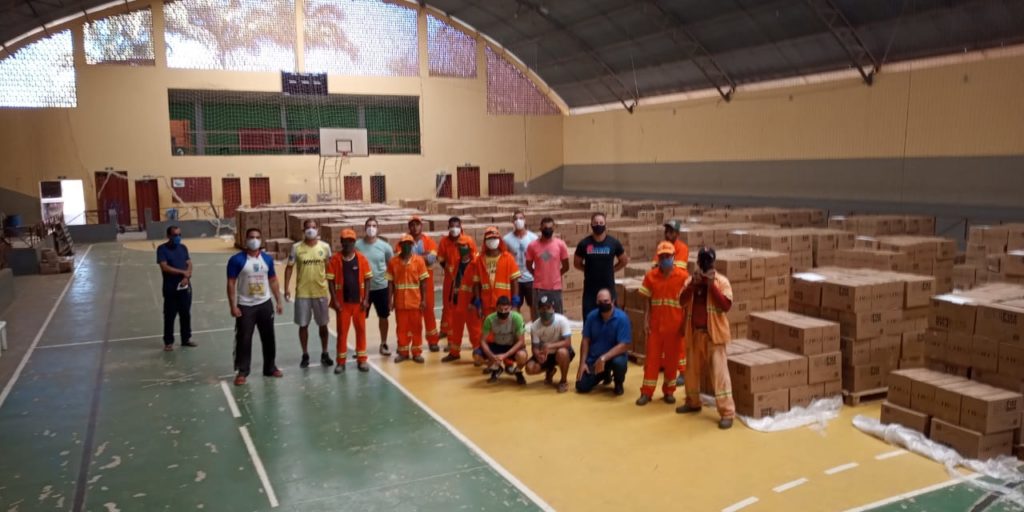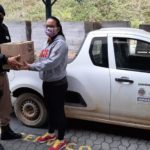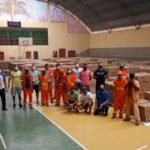One of the first operations launched by the State Secretariat for Social Development to address the urgency and tragedy afflicting many communities in Minas Gerais was the distribution of food kits. The first challenge was set: how could the government move fast without losing sight of outcomes, even in the midst of a financial crisis? Purchasing food for distribution was not a realistic alternative since governmental procurement procedures are often sluggish and demand rigour and accountability. The state’s budgetary position also permitted such an inversion at the time.
As a result, inspired by worldwide efforts such as The Global FoodBanking Network and the Red Cross, the government of Minas Gerais started a campaign and galvanised the state’s corporate sector. As a result, 146,060 basic food kits were supplied, each including rice, fried beans, sugar, flour, pasta, tomato sauce, canned sardines, milk, and cookies.
The difficulty then shifted to how to convey such a large number of kits to the state’s 853 municipalities. Each kit weighed 13.5 kg and was enormous and unwieldy, necessitating the use of 111 vehicles and various routes to convey them to the state’s interior. Furthermore, delivering the kits to vulnerable families would need extensive logistics and coordination with regional and local partners, and a centralised system centred on the state capital would be unable to reach families quickly enough.
Given the size of the state of Minas Gerais, the logistical task was huge. The kits must then be distributed geographically first. To do this duty, the government relied on the Military Police in 19 medium-sized cities to serve as regional hubs of localised distribution. Another significant problem was the loading and unloading process. The interested parties needed to arrange it ahead of time at this stage. More than 40 major, medium, and small businesses took part in the operation, contributing facilities and equipment such as pallet trucks and freight elevators. Some businesses sent personnel to assist in unloading the trucks.
At the conclusion of the initiative, 834 of the 853 cities agreed to gather and deliver food kits to their communities for 30 days to more than 140 thousand households, transforming them from hungry to less vulnerable.



